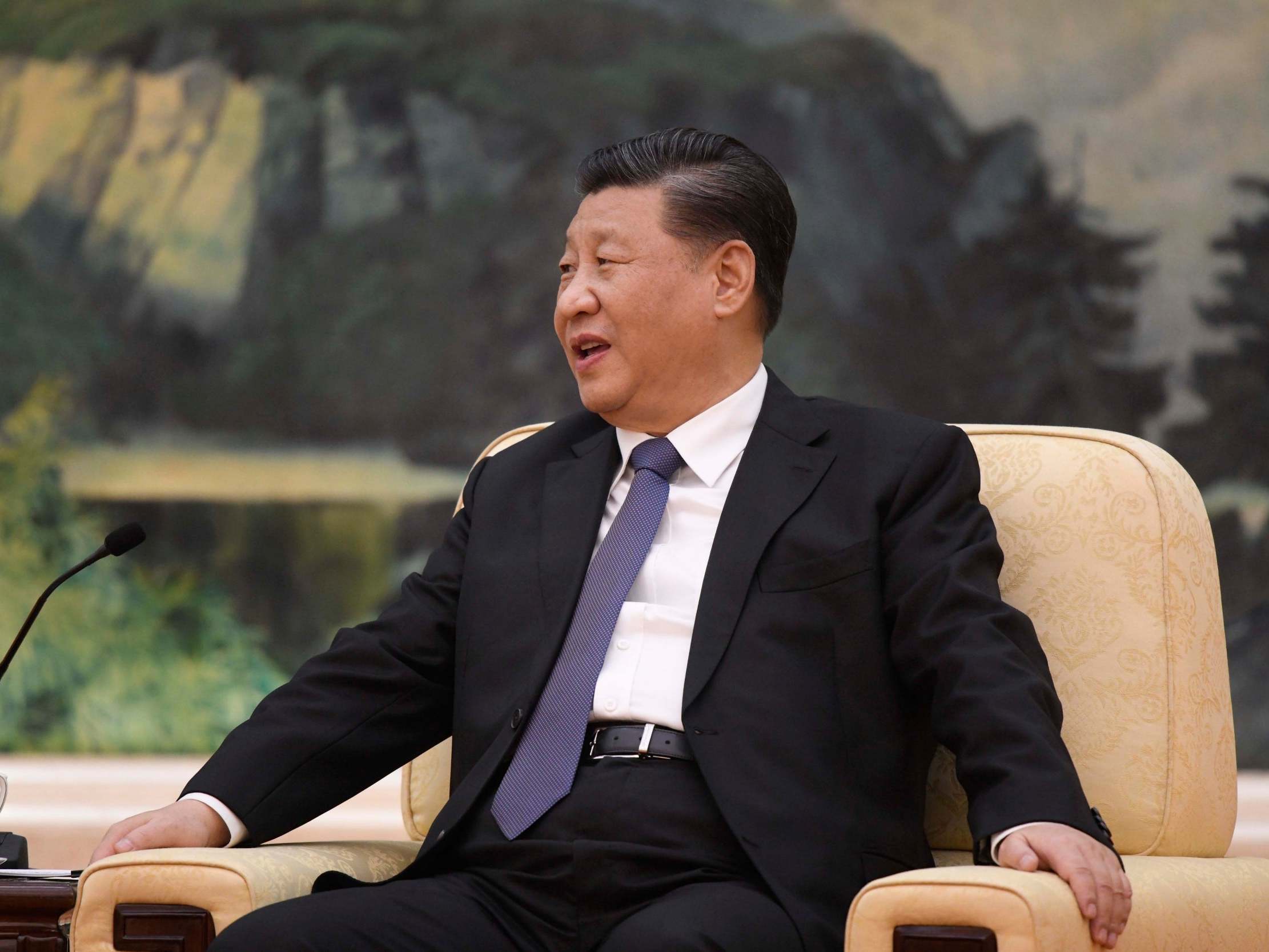
A hereditary peer likened Keir Starmer to China’s President Xi after Labour pushed through a vote in the Commons to reform the House of Lords.
The prime minister already facing claims that he is conducting a “class war” by adding VAT on to independent school fees and imposing the new family farm tax by changing the death duty rules.
And his government’s victory in the second reading of the Lords reform legislation to absolish hereditary peers has provoked a further backlash.
Tory hereditary peer Lord Mancroft claimed Sir Keir Starmer is trying to give himself powers comparable to the authoritarian Chinese leader Xi Jinping that would mean the UK Parliament will be “on its way to becoming like the toothless farce that is the Chinese People’s Congress”.
Tory shadow Cabinet Office minister Alex Burghart accused the government of attempting to “gerrymander’’ the membership of the House of Lords. “We believe that this nervous, little Bill is misconceived, and perhaps at its worst is dishonest,’’ he said. He added: “What we see here today is really an attempt to gerrymander the membership of the House of Lords undercover of a reform.

Conservative peer Lord Dobbs, known for writing the House Of Cards trilogy, branded the removal of hereditary peers from the House of Lords "constitutional clickbait" and said Labour were coming across as "narrow-minded and vindictive".
But Labour peer Lord Grocott, a former MP who had long campaigned to scrap hereditary peer by-elections, argued wholesale reform of the upper chamber would "slowly and inexorably grind into the sand".
Welcoming the legislation to abolish bloodline members, he said: "Unfinished business is for me a powerful reason for being enthusiastic about this Bill.
"The other reason for me is that it means the end., never to return of those risible, farcical, indefensible hereditary peers' by-elections."
He believed the way to reform was not "one grandiose scheme", he added: "The overwhelming evidence of the last 100 years is that attempt at wholesale reform all in one go will slowly and inexorably grind into the sand.
"The reforms which will succeed are those which are short, simple and focused."
Meanwhile, elements of the unelected Lords which Sir Keir wished to keep meant that Labour’s vast majority was able to prevent a Lib Dem amendment turning the Upper House into an elected chamber by 355 to 93 and another attempting to remove the bishops, which attracted support from just 41 MPs.

Tory MP Andrew Murrison told the Commons: "I don't particularly want to see our legislature populated by people who are there because they are representative of one particular faith community in this country."
He added: "I'm a practicing Anglican and I value the views of bishops, of course I do, but it's simply not right to have them being politicians in dog collars, I would say, generally propagating a left-liberal worldview.
"I would much rather that they were in their diocese engaged in the cure of souls. That's where I want to see them as an Anglican."
MPs also voted 376 to 98, majority 278, to reject a Conservative amendment to the House of Lords (Hereditary Peers) Bill that would have delayed changes to the upper chamber until after a publication of a joint-report on wider reforms to the Lords.
SNP MP Pete Wishart described Parliament’s second chamber as an “absurd embarrassment” and criticised the House of Lords (Hereditary Peers) Bill for not going far enough.
Speaking during the Bill’s committee stage, Mr Wishart also hit out at the Labour Government for not being prepared to “kick out the bloody bishops”.
The MP for Perth and Kinross-shire branded the Bill, which proposes to remove the rights of hereditary peers to sit and vote in the Lords, a “pathetic, little, minuscule Bill” that “should have been done centuries ago”.
He told the Commons: “I’m just someone who intrinsically believes that if you represent the people, you should be voted by the people.
“That to legislate requires consent, through some sort of electoral mandate, a group of people who vote for you to go into a legislature and to represent them, and allow you to make the laws of this land.”







